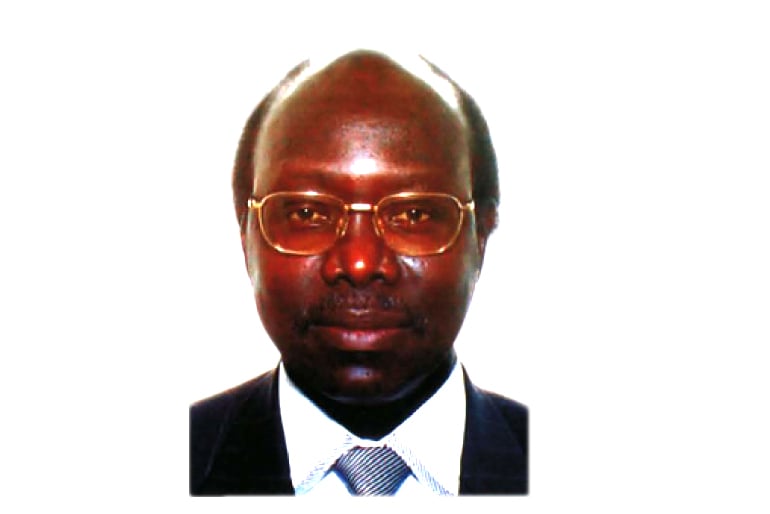Prime
Uganda @61: Challenge of nation-building

Mr Harold Acemah
What you need to know:
- Ugandans appear to be more divided than ever along ethnic, religious, regional, economic and political lines, and this has made it very difficult to build the desired “unity in diversity” in Uganda.
Ugandans will tomorrow celebrate, or silently observe, the 61st anniversary of Independence, depending on which class or which side of the political divide one belongs to.
Many Ugandans I have interacted with told me October 9 is for them just another regular day to hustle, work and toil all day long in order to make ends meet.
The national celebrations for the 61st anniversary of Independence will take place at Kitgum Municipality, Acholi sub-region and the theme for the occasion is: “Sustaining a united and progressive nation: Taking charge of our future as a free nation”.
As Ugandans commemorate the 61st anniversary of independence, many keen observers of Uganda’s political arena believe our collective efforts aimed at nation-building have regrettably not yielded meaningful, positive and significant fruits and results.
Ugandans appear to be more divided than ever along ethnic, religious, regional, economic and political lines, and this has made it very difficult to build the desired “unity in diversity” in Uganda.
Our political leaders do not practise what they preach and pay lip service to patriotism. Some have sought to divide and oppress Ugandans. Hence tribalism, nepotism and ethnic chauvinism are sadly increasing.
The attempt by Forum for Democratic Change (FDC) to build “one Uganda, one people” has in recent times been shattered by a ruthless, shameful, public and unnecessary bickering and infighting which has divided and weakened the once leading and promising Opposition political party.
Democratic Party (DP) and Uganda Peoples Congress (UPC) are not faring any better. Only National Unity Platform (NUP) appears to be united and marching forward as a vibrant political party.
It’s a sad, negative and tragic development in the struggle for democracy, human rights, equality, fundamental freedoms, rule of law, justice and peace in Uganda.
The sharp division within political parties which are building blocks of democracy has undermined and dealt a severe blow to the people’s struggle against corruption, impunity, nepotism, sectarianism, tribalism, violence and tyranny.
Nation-building is constructing and structuring a national identity and aims at unification of the people within a state so that it remains politically stable and viable in the long term.
It’s a difficult project and undertaking which demands commitment, courage, dedication, honesty and perseverance on the part of political leaders and citizens.
Nation builders take the initiative to develop a national community using public or private resources and programmes. In this connection, three factors play a critical role in ensuring success in addressing the challenge of nation-building namely, civil society organisations, a state which is committed to provide public goods equitably and evenly across a country, and a shared vision for the nation.
During the first decade of Uganda’s independence, several deliberate attempts and efforts were made to build and forge a nation out of the numerous ethnic groups which the British colonial regime brought together to establish “Uganda Protectorate” from 1894 to 1922 when Karamoja was annexed to Uganda. West Nile became part of Uganda in 1915.
From 1962-1972, senior civil servants were not permitted to serve in their home districts and secondary school students were encouraged and facilitated to study outside their home districts.
In July 1970, a new and radical electoral system was introduced under which a parliamentary candidate was required to contest in a basic home constituency plus three subsidiary constituencies from other regions of Uganda.
The noble objective was to provide a national base for all Members of Parliament. The new system was unfortunately not tested because of a military coup which happened in Uganda on January 25, 1971.
The sooner serious and deliberate efforts are made to achieve the goal of nation-building the better for Uganda. For God and my Country!
Mr Harold Acemah is a political scientist and retired career diplomat. [email protected]


